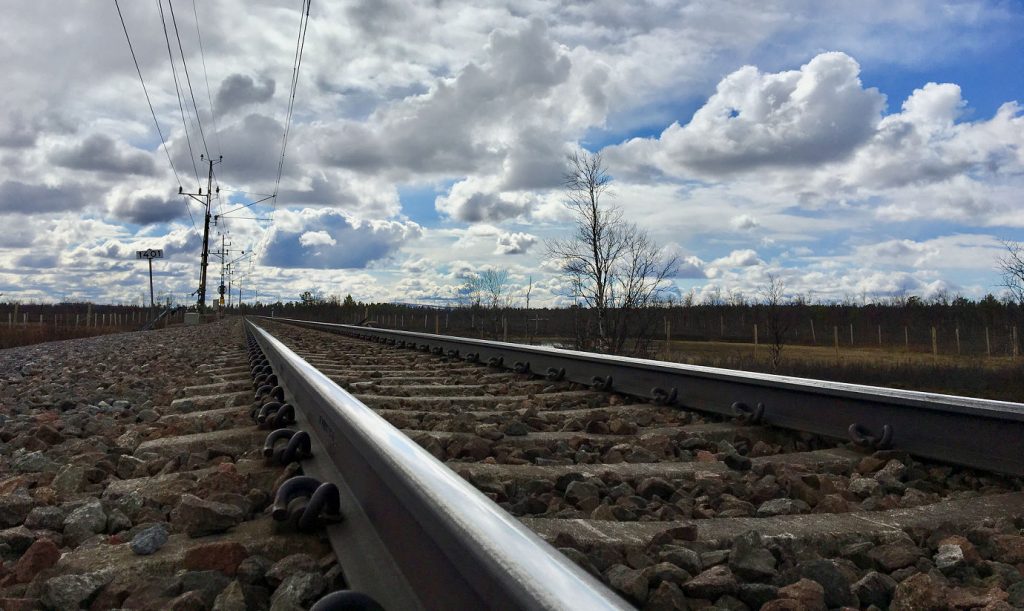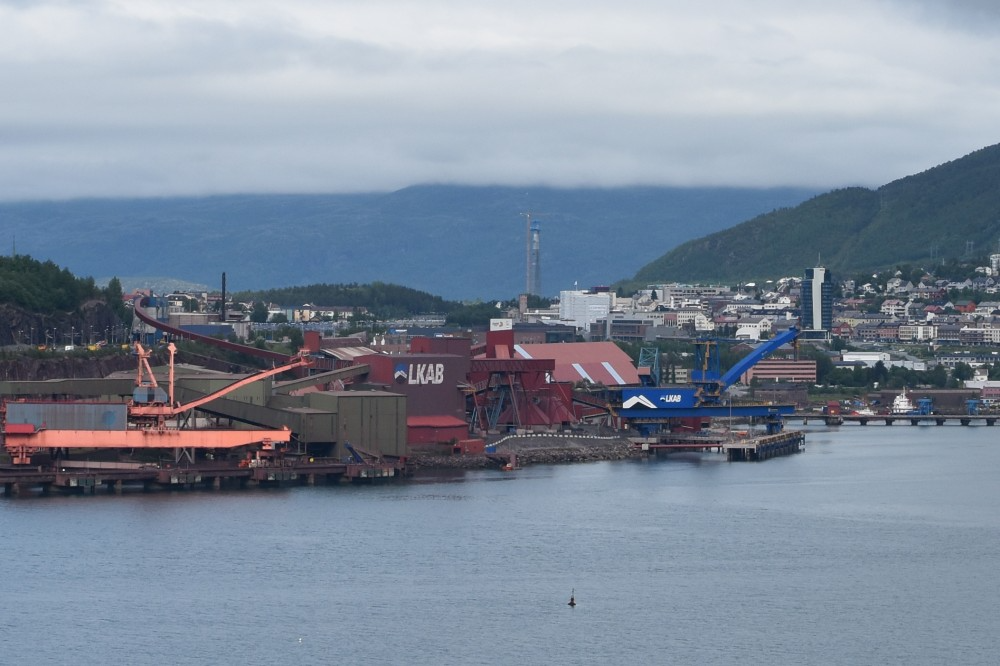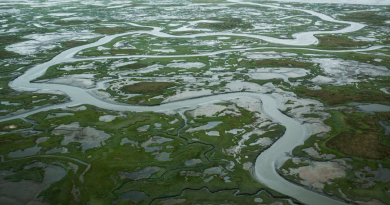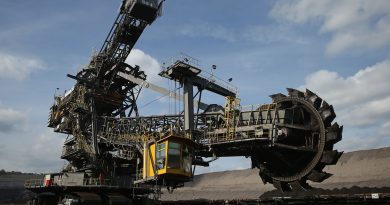Swedish police rule out sabotage angle in derailing accidents

No one with bad intentions were involved when the empty iron ore train heading back to Kiruna from Narvik derailed in late February.
“That is something we already now can rule out based on the information we have got from the [Swedish] Accident Investigation Authority,” says Per-Olov Andersson with the police department for serious crimes to Swedish Radio’s P4 Norrbotten.
He says it is routine for the police to initiate investigations every time serious accidents happens.
Speculations about possible sabotage came after two derailments earlier in the winter, ahead of NATO’s large-scale exercise Nordic Response. The railway from the Norwegian port of Narvik to northern Sweden is strategic infrastructure for reinforcement of allied military hardware in case of war-like conflicts.
It was on February 24 an empty iron ore train en route back to Kiruna from Narvik derailed at Vassijaure.
Report issued
The Accident Investigation Authority has now published its intermediate fact-findings.
The report tells that the train, with 68 wagons, had stopped waiting for snow removal ahead at Vassijaure station.
“The train made limited movements towards the stop signal. The weather was windy and the temperature around zero degrees. During the slow movements that took place through a left curve, some wheels appear to have derailed to the left. During the continued journey, which lasted approximately 1.5 kilometres, sleepers and a catenary pole were damaged. There was also damage to the switch leading into Vassijaure station,” the findings read.
At the station, the derailed axles passed on to the platform and this worsened the derailment and pushed several wagons off the track and then the train made an emergency break.
Seven wagons derailed. As this was mid-winter with continuous bad weather, it took nearly two weeks to repair and get the iron ore trains back in traffic.
Big losses

LKAB is Europe’s largest iron-ore miner, and the company depends on shipments via the Norwegian port of Narvik.
Logistic manager Linda Bjurholt with LKAB at the time said revenue losses for the mining company were about SEK 100 million [€8,8 million] a day.
Normally, LKAB sends ten full-loaded trains a day to the port in Narvik for shipments to the European market. That counts for about two-thirds of LKAB’s deliveries. The southern rail, to the port of Luleå, continues with four to five trains each day, but there is no capacity to compensate for what is shipped via Narvik, the mining company informed.
Related stories from around the North:
Canada: Crew member in ‘critical but stable’ condition after Iqaluit barge accident on Friday, CBC News
Finland: Regional Council launches Lapland east-west railway study, The Independent Barents Observer
Sweden: Increased risk of Russian sabotage, including in Sweden, warn Intelligence agencies, Radio Sweden



